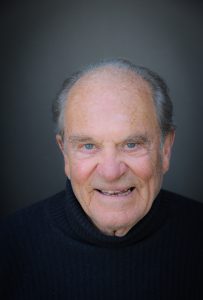
Egalitarianism’s Muddle over Equality, Equity and Equal Treatment
Individual freedom for all law-abiding citizens, alongside equal rights and equal treatment under the law, are the prerequisites of true and sustainable democracy. Egalitarian theories and the quest for some definition of Equality are the subject of infinite debate and writings and even the most respected English language dictionaries struggles with, and differ in, their views and definitions of Egalitarianism. Against this imprecise background of semantics and interpretations, there is plenty of room for confusion, muddled thinking and misconception pertaining to these notions. DMA member Flemming Heilmann will try to bring some clarity to this confusion and offer some thoughts on solutions on how to address the challenges of trying to ensure equality, equity and justice for all.
Flemming was born in Malaysia to Danish parents and studied at Cambridge University, where he graduated with degrees in economics and law. He has since held executive and CEO positions in the manufacturing sector focused on the consumer goods packaging industry, mainly public companies listed on the Johannesburg, Toronto and New York stock exchanges, and has most recently been associated with investment in and management of buy-outs of distressed businesses, with multiple directorships in public and private companies in South Africa, Western Europe, Canada and the United States.
In 2017 Flemming published Odyssey Uncharted, a memoir of World War II childhood and education on four continents, set in mid-20th century history, and in 2019 published his second book, The Unacceptable Face, charting a career on three continents under apartheid, extreme socialism and disparate iterations of capitalism. His translation of Halfdan Lefevre’s The Men in Denmark’s Freedom Council was published in February 2022 by Telemachus Press.
Arranged by Tom Igoe
Speaker Summary
Flemming combined perspectives on two of his “hobby horses” to provide an informative and thought-provoking talk about critical aspects of a modern democratic society and specifically applied them to the current situation in the United States: the confusion about equality, equity and equal treatment; and the role of education in preparing the average youth to participate in democracy.
Flemming argued that, while providing equal opportunities and treatment (equity) should be givens and are fundamentals for a democratic society, the notion that we can create equality is not feasible since equality is inconsistent with the realities of differences based on biological characteristics and abilities. Equality assumes that we can make humans identical/exactly the same, but that defies biological reality. He used the obvious example of trying to enable everyone to run as fast as Usain Bolt to help make his point, but the realities of human inequalities apply to other characteristics as well, driven by genetic and biological differences. On the other hand, you can codify a means to give everyone the same opportunities and rights and that should be the focus of our egalitarian efforts. As part of the Q&A, Flemming questioned the phrase that it is “self-evident that all men are created equal” as stated in the Declaration of Independence, not to question the importance of providing equal rights and opportunities, but as a misstatement about everyone being created equal.
As his talk progressed, Flemming integrated thoughts on the critical role of education in ensuring the health of a democracy, arguing that an uninformed citizenry cannot hope to have the knowledge needed to understand the issues facing the nation to effectively participate and make informed decisions. He bemoaned the poor knowledge of civics, the low voting turnout rates and, the abysmal literacy rates in the United States, especially compared to other leading democratic nations. He also touched on the misconception that everyone should pursue a college education, talking to the role and opportunity of the trades and apprenticeships in meeting the employment needs of the nation (and how these are handled in other nations). Flemming focused great attention on how your “zip code” should not impact your educational opportunity with an emphasis on the need to allocate/reallocate resources and funds between higher and lower income zip codes to improve the opportunities for those in poorer areas (and he noted that this is as much a rural America problem as it is an inner city/urban issue). He made it very clear that he rejects the notion that our educational system can’t be fixed and that he is pessimistic about our democracy if we don’t address this educational gap. Flemming then spent some time discussing the program he has been involved with in Queens that has dramatically improved and impacted the literacy rates and opportunities for its participants as an example of how the appropriate use of resources to provide equal opportunities can make an important difference.
An engaging discussion and Q&A session followed Flemming’s prepared comments and reflected how his thoughts had struck a responsive tone with the DMA membership.

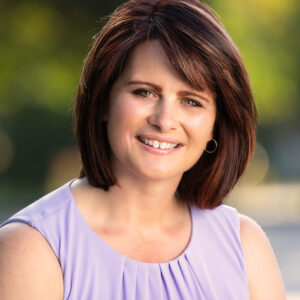
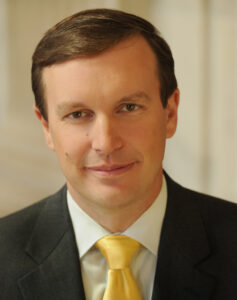
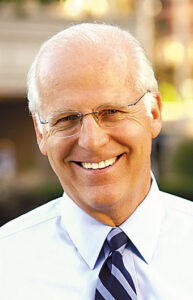
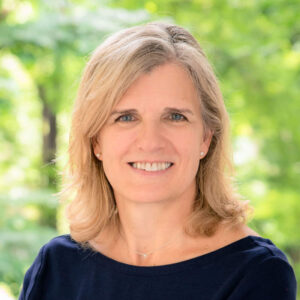
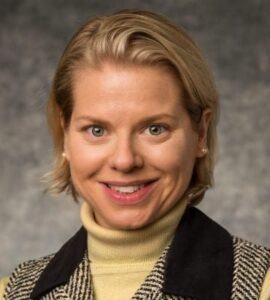
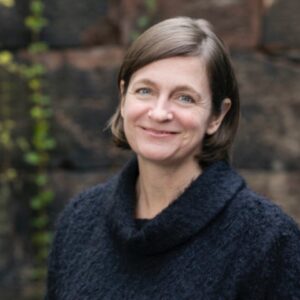
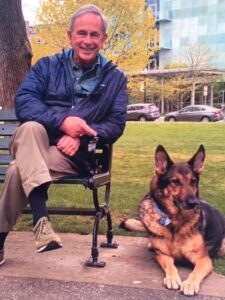
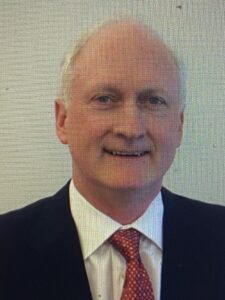 The French and Indian War: The Role of Native Americans as a Prelude to the American Revolution
The French and Indian War: The Role of Native Americans as a Prelude to the American Revolution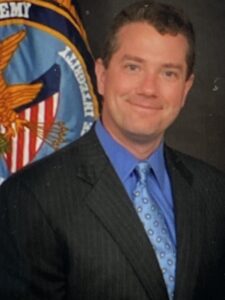 Darien School Safety and Security
Darien School Safety and Security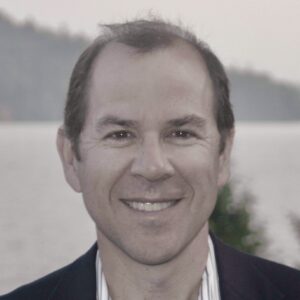 It’s Complicated: The Decision Around Dropping the Atomic Bombs on Japan.
It’s Complicated: The Decision Around Dropping the Atomic Bombs on Japan.
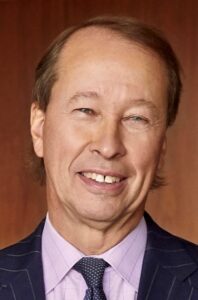 Hamilton “Tony” James will join us in conversation with DMA member John Craft to discuss the Federal Reserve’s policies on interest rates and inflation, the current banking crisis, the outlook for private equity and venture capital investing, the real estate markets, prospects for future investments in China, and the effects of COVID, the war in Ukraine and the emerging Cold War with China on the U.S. economy, international trade, supply chains, and global investments.
Hamilton “Tony” James will join us in conversation with DMA member John Craft to discuss the Federal Reserve’s policies on interest rates and inflation, the current banking crisis, the outlook for private equity and venture capital investing, the real estate markets, prospects for future investments in China, and the effects of COVID, the war in Ukraine and the emerging Cold War with China on the U.S. economy, international trade, supply chains, and global investments.